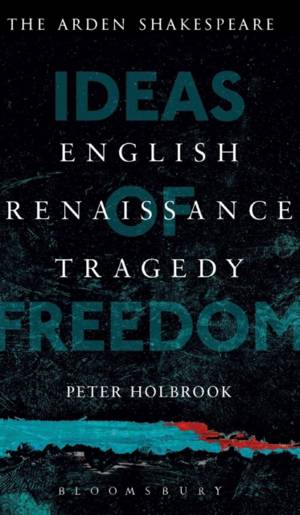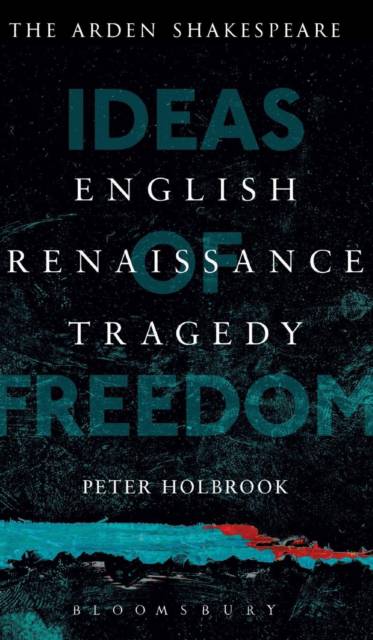
Bedankt voor het vertrouwen het afgelopen jaar! Om jou te bedanken bieden we GRATIS verzending (in België) aan op alles gedurende de hele maand januari.
- Afhalen na 1 uur in een winkel met voorraad
- In januari gratis thuislevering in België
- Ruim aanbod met 7 miljoen producten
Bedankt voor het vertrouwen het afgelopen jaar! Om jou te bedanken bieden we GRATIS verzending (in België) aan op alles gedurende de hele maand januari.
- Afhalen na 1 uur in een winkel met voorraad
- In januari gratis thuislevering in België
- Ruim aanbod met 7 miljoen producten
Zoeken
Omschrijving
This book's underlying claim is that English Renaissance tragedy addresses live issues in the experience of readers and spectators today: it is not a genre to be studied only for aesthetic or "heritage+? reasons. The book considers the way in which tragedy in general, and English Renaissance tragedy in particular, addresses ideas of freedom, understood both from an individual and a sociopolitical perspective. Tragedy since the Greeks has addressed the constraints and necessities to which human life is subject (Fate, the gods, chance, the conflict between state and individual) as well as the human desire for autonomy and self-direction. In short, English Renaissance Tragedy: Ideas of Freedom shows how the tragic drama of Shakespeare's age addresses problems of freedom, slavery, and tyranny in ways that speak to us now.
Specificaties
Betrokkenen
- Auteur(s):
- Uitgeverij:
Inhoud
- Aantal bladzijden:
- 256
- Taal:
- Engels
Eigenschappen
- Productcode (EAN):
- 9781472572813
- Verschijningsdatum:
- 24/09/2015
- Uitvoering:
- Hardcover
- Formaat:
- Genaaid
- Afmetingen:
- 132 mm x 201 mm
- Gewicht:
- 362 g

Alleen bij Standaard Boekhandel
+ 457 punten op je klantenkaart van Standaard Boekhandel
Beoordelingen
We publiceren alleen reviews die voldoen aan de voorwaarden voor reviews. Bekijk onze voorwaarden voor reviews.









